انکوائری کے بارے میں
یو کے کوویڈ 19 انکوائری ہے۔
- یہ جاننا کہ برطانیہ میں کوویڈ 19 وبائی امراض کے دوران کیا ہوا۔
- مستقبل میں وبائی امراض کے لیے تیاری کرنے کا طریقہ سیکھنا
انکوائری کو تقسیم کیا گیا ہے۔ ماڈیولز
ہر ماڈیول ایک مختلف موضوع کے بارے میں ہے۔ ہر ماڈیول میں ہے:
- عوامی سماعتیں - ایسے واقعات جہاں لوگ اپنے تجربات کے بارے میں بات کرتے ہیں۔
- ایک رپورٹ
ہر کہانی اہمیت رکھتی ہے۔
ہر کہانی اہمیت رکھتی ہے۔ انکوائری وبائی مرض کے بارے میں لوگوں کے تجربات کو جمع کرنے کا ایک طریقہ ہے۔
برطانیہ میں کوئی بھی شخص اپنی کہانیاں ہمارے ساتھ شیئر کر سکتا ہے۔ ہم لوگوں کے نام استعمال نہیں کرتے۔
کہانیاں ہمیں یہ جاننے میں مدد کرتی ہیں کہ کیا ہوا، پھر فیصلہ کریں کہ مستقبل میں چیزوں کو مختلف طریقے سے کیسے کرنا ہے۔
جب آپ کہانیاں پڑھتے اور شیئر کرتے ہیں تو آپ پریشان ہو سکتے ہیں۔ سپورٹ حاصل کرنے کے بارے میں معلومات کا لنک یہ ہے: https://covid19.public-inquiry.uk/support–انکوائری کے ساتھ مصروفیت کے دوران/
ریکارڈز

ہر ماڈیول سے ثبوت استعمال کرتا ہے۔ ہر اسٹوری میٹرز ریکارڈ کرتی ہے۔.

ہر ایک ریکارڈ لوگوں نے ہمیں بتائی چیزوں کا خلاصہ ہے۔
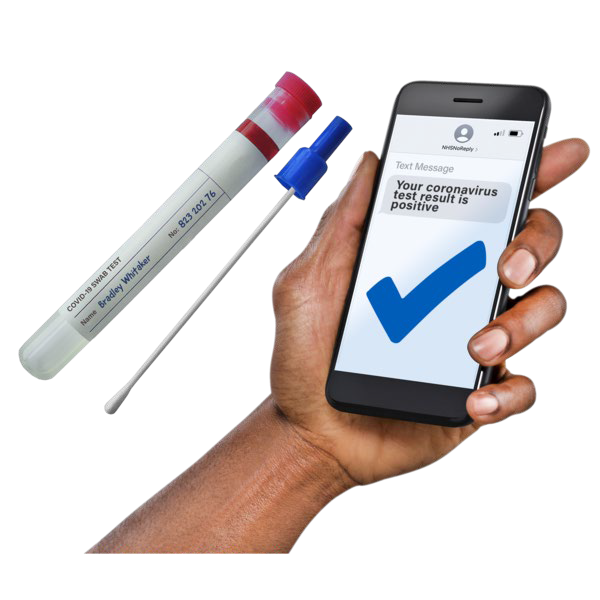
یہ دستاویز کا ایزی ریڈ ورژن ہے۔ ٹیسٹ، ٹریس اور الگ تھلگ ریکارڈ، کے لئے ماڈیول 7 انکوائری کی.
ہر کہانی کے معاملات کے ریکارڈ ہماری ویب سائٹ پر موجود ہیں: https://www.covid19.public-inquiry.uk/ہر کہانی کے معاملات/ریکارڈز/
ٹیسٹ

ٹیسٹوں نے لوگوں کو بتایا کہ آیا انہیں CoVID-19 ہے یا نہیں۔ وہاں ٹیسٹنگ سینٹرز اور ہوم ٹیسٹنگ کٹس تھیں۔
ٹریس
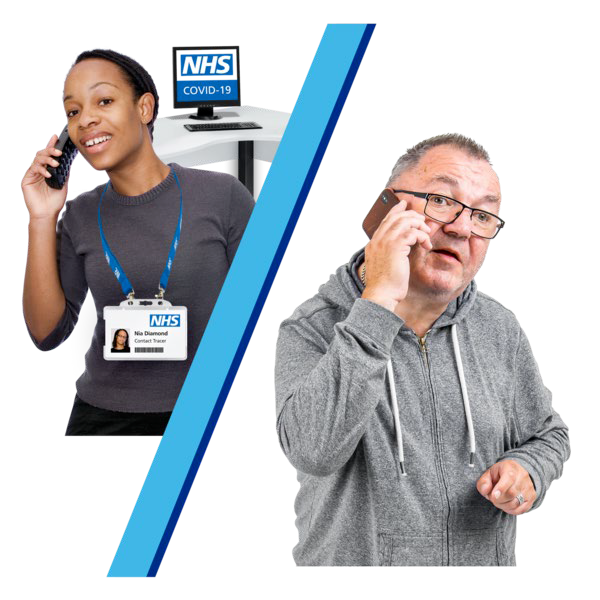
CoVID-19 والے لوگوں سے پوچھا گیا کہ وہ حال ہی میں کس کے قریب رہے ہیں۔
NHS ٹیسٹ اور ٹریس کے عملے نے ان لوگوں کو بتایا کہ انہیں CoVID-19 ہونے کا خطرہ ہے۔
الگ تھلگ کرنا
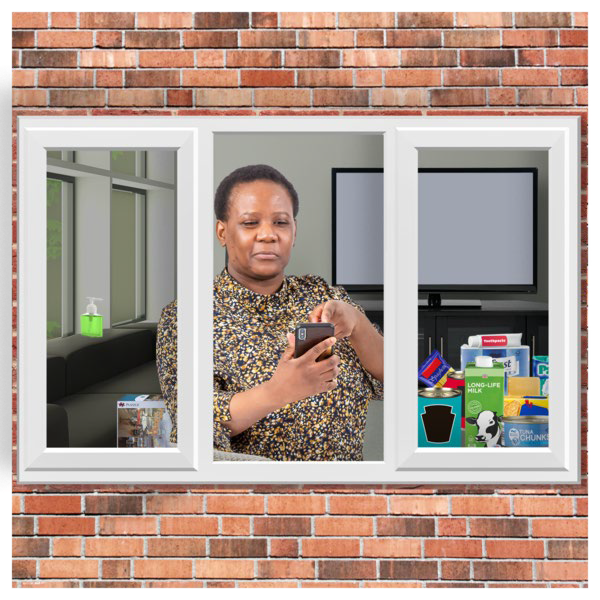
وائرس کے پھیلاؤ سے بچنے کے لیے لوگوں کو گھروں میں رہنا پڑا۔
لوگوں کی کہانیاں
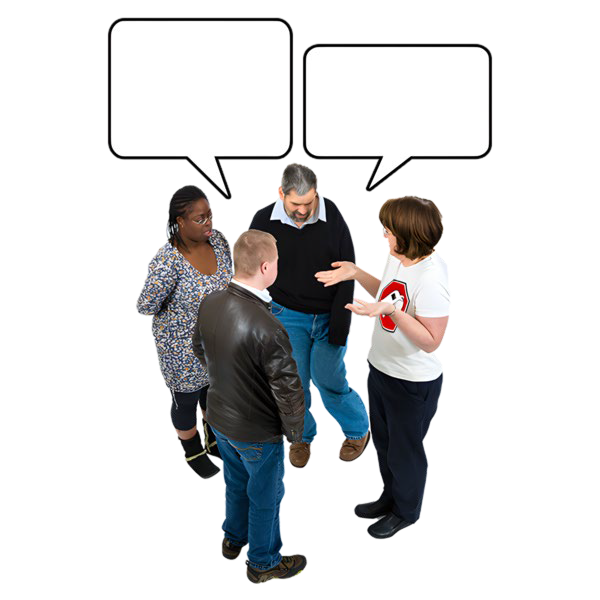
اس کتابچے کا باقی حصہ آپ کو کچھ چیزوں کے بارے میں بتاتا ہے جن کے بارے میں لوگوں نے ہمیں بتایا ٹیسٹ، ٹریس اور الگ تھلگ۔

معلومات
وہ چیزیں جنہوں نے مدد کی۔
لوگوں کو جانچنے اور الگ تھلگ کرنے سے کس چیز نے روکا؟
جرمانہ
لوگوں کے گروپوں کے تجربات
مستقبل کے لیے خیالات
معلومات

بہت سے لوگوں نے کہا کہ وہ سمجھتے ہیں کہ کیسے کرنا ہے۔ ٹیسٹ ٹریس اور الگ تھلگ وبائی مرض کے آغاز میں۔
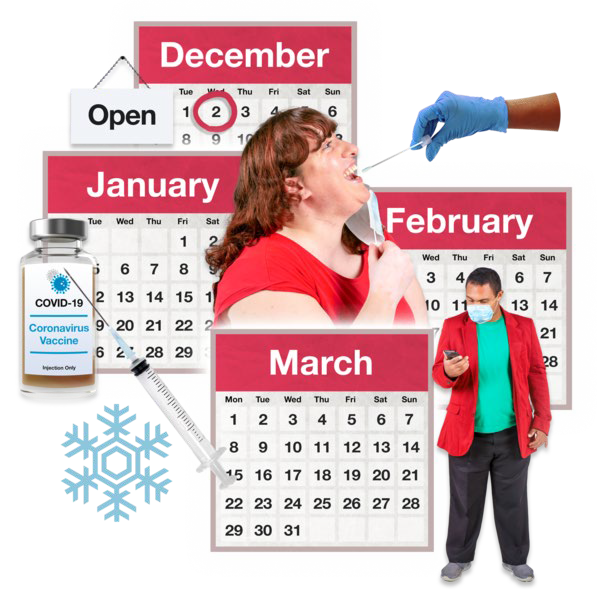
لیکن پھر اصول بدلتے رہے۔ یہ الجھا ہوا تھا۔ لوگ بے یقینی کا شکار ہو گئے کہ کیا کریں۔

کچھ لوگوں نے اسے دوسروں کے مقابلے میں مشکل پایا۔ مثال کے طور پر: وہ لوگ جن کی پہلی زبان انگریزی نہیں ہے، اور وہ لوگ جو انٹرنیٹ استعمال نہیں کرتے ہیں۔

بہت سے لوگوں کو اس مدد کے بارے میں نہیں معلوم تھا کہ جب وہ خود کو الگ تھلگ کر رہے تھے تو انہیں کیا مل سکتا تھا۔
وہ چیزیں جنہوں نے مدد کی۔
یہاں کچھ چیزیں ہیں جنہوں نے لوگوں کی مدد کی۔ ٹیسٹ، ٹریس اور الگ تھلگ:
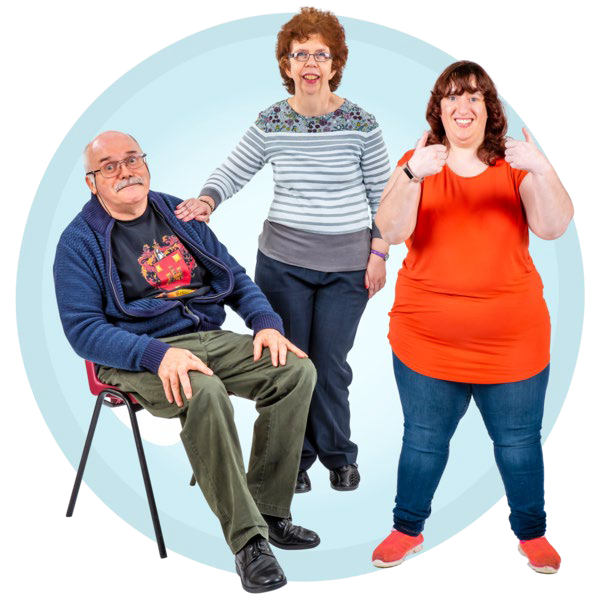
- محسوس کرتے ہیں کہ وہ ان لوگوں کی حفاظت کر رہے ہیں جن کی وہ پرواہ کرتے ہیں۔
- اپنے کام کے حصے کے طور پر ٹیسٹ کرنا پڑتا ہے۔
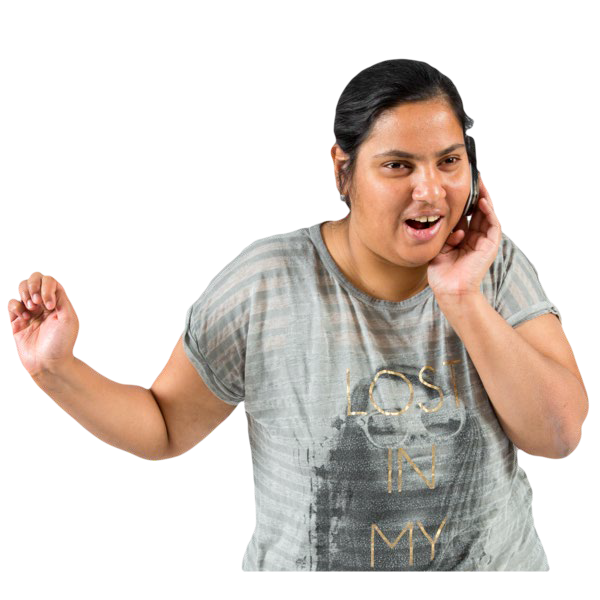
- خاندان، دوستوں اور کمیونٹی گروپس سے مدد حاصل کرنا
- جلد از جلد "معمول کی زندگی" میں واپس جانا چاہتے ہیں۔
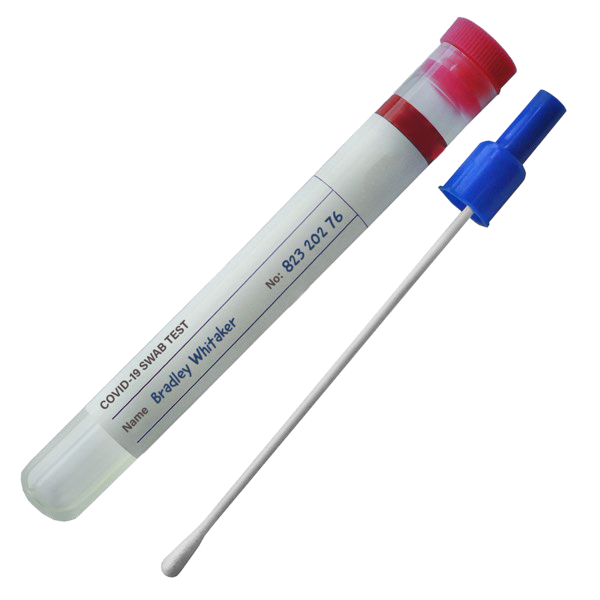
- اس نے ان کی فکر کم کردی
- مفت ٹیسٹ حاصل کرنا آسان تھا۔
لوگوں کو جانچنے اور الگ تھلگ کرنے سے کس چیز نے روکا؟

- ٹیسٹ اور ٹریس کے عمل پر بھروسہ نہیں کرنا
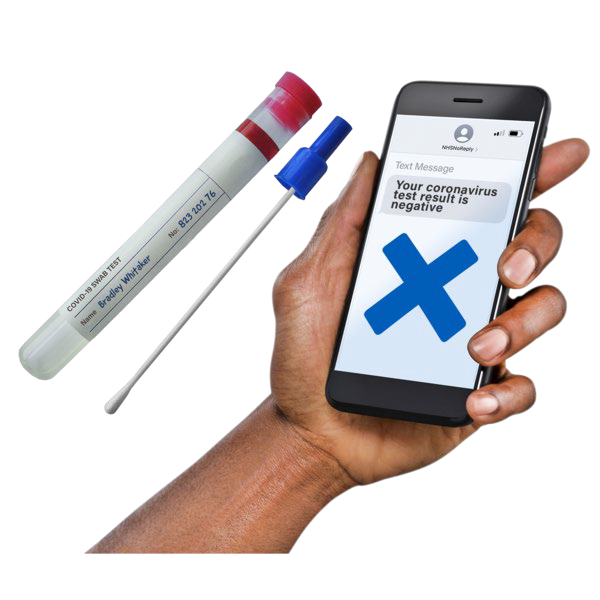
- سیاست دانوں نے قوانین کو توڑا۔

- بکنگ ٹیسٹ بہت پیچیدہ تھے۔
- ٹیسٹوں کو استعمال کرنا سیکھنا مشکل تھا۔

- ٹیسٹ بہت غیر آرام دہ محسوس ہوا

- خود کو الگ تھلگ کرتے وقت آزادی کا نقصان
- خاندان یا دوستوں سے کوئی تعاون نہیں
جرمانہ

کچھ لوگوں کو دیا گیا۔ مقررہ جرمانے کے نوٹس اگر انہوں نے قوانین کو توڑا۔
اس کا مطلب تھا کہ انہیں رقم ادا کرنی پڑتی ہے جسے a کہا جاتا ہے۔ ٹھیک ہے

- کچھ لوگوں نے ہمیں بتایا کہ جرمانے کی وجہ سے وہ قواعد پر عمل کرنا چاہتے ہیں۔
- کچھ لوگوں کا خیال تھا کہ جرمانہ زیادہ ہونا چاہیے تھا۔
- کچھ لوگوں کا خیال تھا کہ جرمانے سے کوئی فرق نہیں پڑتا

- تارکین وطن کو خدشہ ہے کہ جرمانے سے اس ملک میں رہنے کی ان کی درخواست پر اثر پڑ سکتا ہے۔
لوگوں کے گروپوں کے تجربات

- والدین
کچھ لوگوں نے ہمیں بتایا کہ بچوں کی جانچ کرنا مشکل ہے، خاص طور پر اگر انہیں آٹزم، ADHD یا دیگر ضروریات ہوں۔

بہت چھوٹے بچوں کی جانچ کرنا بھی بہت تکلیف دہ ہو سکتا ہے۔
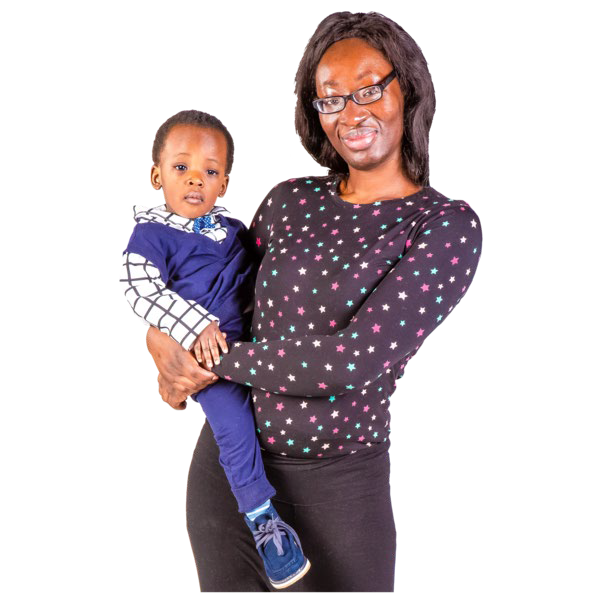
چھوٹے بچوں کے ساتھ خود کو الگ تھلگ کرنا بہت مشکل تھا۔

- جنہوں نے بوڑھے لوگوں کی مدد کی۔
گٹھیا یا لرزتے ہاتھ والے لوگوں کو ٹیسٹ کرنے میں مدد کی ضرورت ہوتی ہے۔

ٹیسٹ کو ان لوگوں کے لیے آسان بنانے کے لیے ڈیزائن کیا جا سکتا تھا۔

ڈیمنشیا کے شکار لوگوں کی جانچ کرنا بہت مشکل تھا۔ بعض اوقات وہ سمجھ نہیں پاتے تھے کہ امتحان کس لیے ہے۔

- بہرے اور معذور افراد
کچھ امتحانی مراکز تک رسائی ممکن نہیں تھی۔
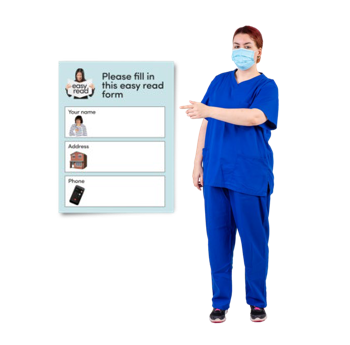
ٹیسٹ کٹ کی ہدایات ہر کسی کے لیے قابل رسائی نہیں تھیں۔
کچھ جانچ مراکز میں مددگار عملہ اور ایزی ریڈ کی معلومات تھیں۔

جب کمیونٹی تنظیمیں بند ہوئیں تو بہرے یا معذور افراد متاثر ہوئے۔

- گھریلو زیادتی کا شکار
کچھ لوگوں نے اپنے ساتھی کی طرف سے قوانین پر عمل کرنے یا نہ کرنے کا دباؤ محسوس کیا۔

- جن لوگوں کو پڑھنا مشکل لگتا ہے۔
لوگوں کو یہ سمجھنے میں مدد کی ضرورت تھی کہ ٹیسٹ کٹس کو کیسے استعمال کیا جائے، اور آن لائن ٹیسٹ کیسے بُک کیے جائیں۔
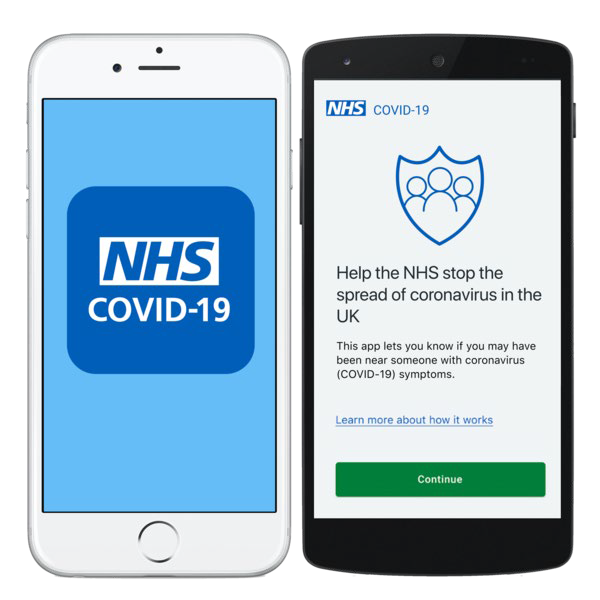
لوگوں نے ٹریسنگ ایپس کو استعمال کرنے کے بارے میں الجھن اور پریشانی محسوس کی۔
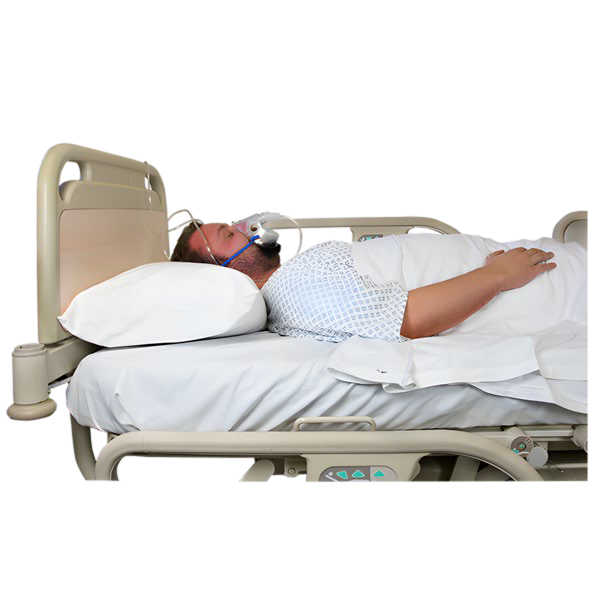
- وہ لوگ جنہوں نے اپنے پیاروں کو کھو دیا۔
جب لوگوں کا کوئی دوست یا رشتہ دار ہسپتال میں مر رہا تھا تو خود کو الگ تھلگ کرنا بہت مشکل تھا۔

جب کسی عزیز کی موت ہو گئی تو لوگ سہارے کے لیے دوستوں اور خاندان والوں سے نہیں مل سکے۔ یہ انتہائی مشکل تھا۔
مستقبل کے لیے خیالات

قواعد واضح کریں۔ انہیں تبدیل نہ کریں۔ لوگوں کی یہ سمجھنے میں مدد کریں کہ قواعد کی ضرورت کیوں ہے۔
انگلینڈ، سکاٹ لینڈ، ویلز اور شمالی آئرلینڈ میں ایک جیسے قوانین بنائیں۔

کمیونٹی لیڈر مقامی لوگوں کو قواعد اور پابندیوں کے بارے میں بتانے میں مدد کر سکتے ہیں۔

مزید تعاون پیش کریں۔ مثال کے طور پر، کے لیے:
- ذہنی صحت
- پیسہ
- وہ لوگ جو کمپیوٹر استعمال نہیں کرتے
- وہ لوگ جو دیہی علاقوں میں رہتے ہیں۔
مزید معلومات
ریکارڈ کا مکمل ورژن یہاں سے ڈاؤن لوڈ کریں:
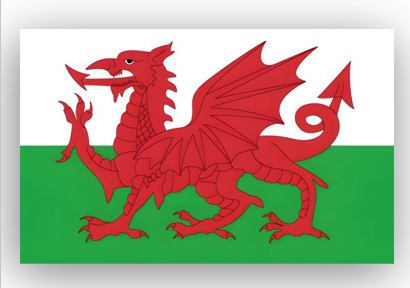
آپ دوسرے فارمیٹس میں ریکارڈ کا مختصر ورژن مانگ سکتے ہیں:
- انگریزی
- ویلش

